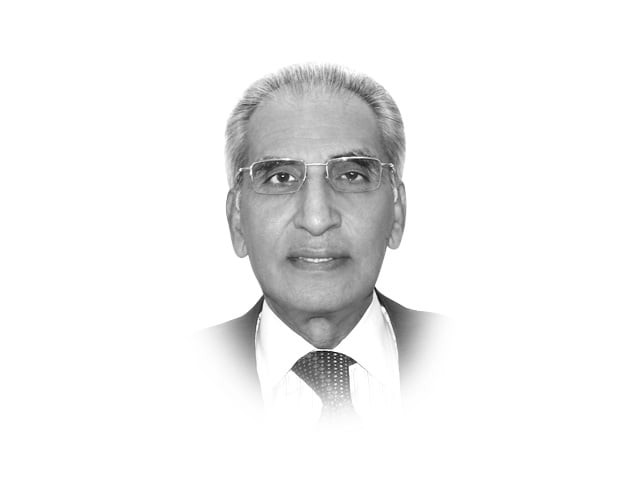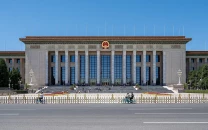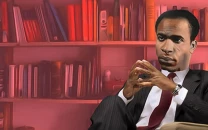Moment to savour
Obama maintained a discreet distance from military operations even when his opponents faulted him, he led from behind.

Moment to savour
Even if partisan American politics prevents his opponents from appreciating his Libya policy, with one Republican publicist accusing the president of being an “effete vacillator who is pushed around by his female subordinates”, the White House is quietly enjoying this rare success.
Contrary to urgings of those who questioned letting the Europeans take the lead on an issue that they claimed should be the super power’s sole preserve, Obama chose to maintain a discreet distance from actual military operations. Moreover, with little interest in this country for another foreign intervention, the initiative was left in Nato’s hands — primarily French and British — even when Obama’s opponents faulted the president for not involving American troops in the conflict. This prompted his critics to accuse him of introducing a new concept of ‘leading from behind’! Nevertheless, Washington has spent nearly a billion dollars on its Libya operations, while its intelligence and weapons, including satellites, played a critical role in ensuring victory. And, inevitably, US experts are already scouring Libya looking for stockpiles of missiles and chemicals.
There is, however, growing appreciation now in the US that the Obama administration’s seemingly hands-off approach, based on multiple factors that included understanding of regional politics and appreciation of local sensitivities, may have helped bolster the credibility of the rebels and permitted some Arab states to join the coalition.
Nato’s involvement has admittedly taken some of the sheen off the results. Had it been a purely domestic effort, the impact would have been greater — with some calling it liberation through occupation. It would, however, be premature to assume that with the rebels having gained control of the capital, the game is over and done with. In fact, Qaddafi’s fall may well be the easy part of what could become a long and tortuous struggle to build the country anew.
The scholars I spoke to in Washington last week remained cautious, pointing out that after the colonel’s four-decade-long authoritarian control, Libya has no institutions and little civil society. These have led to fears that post-Qaddafi Libya could come to resemble post-Saddam Iraq, especially if Qaddafi succeeds in eluding capture for the next few months.
Moreover, with no example in the region of a peaceful transition to democracy, it could take years to usher in a new order and, in the meanwhile, the country could witness bitter and violent struggle among the various tribes and political factions. The overlying ethnic and tribal divisions are the ideological fault-lines separating the secularists from the Islamists. However, most of the seculars were of the view that while some chaos was inevitable, the manner in which the disparate elements rallied round to oust Qaddafi, could provide the cement to keep the country together.
As unpredictable as Libya may prove to be, Qaddafi’s ouster has already reinforced the belief in the region that there countries are participants in unprecedented events that contain good reasons for hope and optimism. While there can be no one-size-fits-all for the region, as each of these uprisings has its own peculiar characteristic, it would be wrong to presume that the overthrow of Qaddafi will not have a profound impact on the other states. Authoritarian regimes of all shades and denominations are right to fear the fury of the unknown. Each upheaval is creating new heroes and a new vocabulary that emboldens the common people, especially the youth, to seize the moment.
The sudden and unexpected fall of Tripoli has managed to give a fresh boost to the Arab Spring, something that some had come to doubt, especially after the brutal and apparently successful crackdown in Bahrain. The Middle East is in the midst of a historic change, even if the outcome of the Libyan revolution remains uncertain.
Published in The Express Tribune, August 31st, 2011.



















COMMENTS
Comments are moderated and generally will be posted if they are on-topic and not abusive.
For more information, please see our Comments FAQ